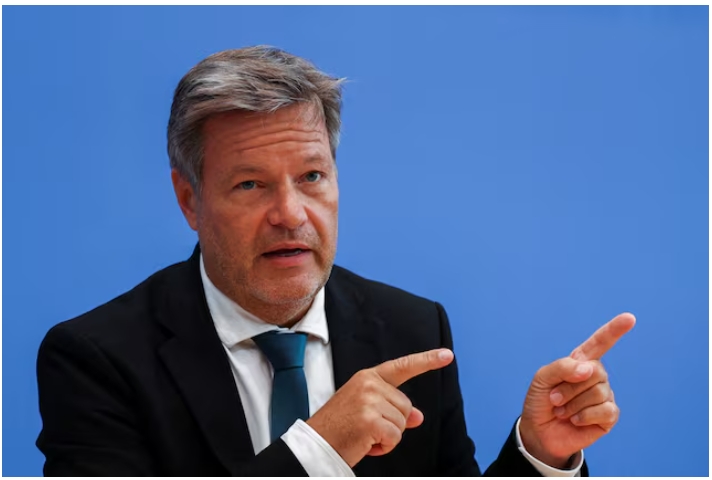
The German government has earmarked up to 2.8 billion euros ($3.1 billion) to support 15 industrial companies in their bid to decarbonise under its first round of "climate protection contracts", the economy ministry said on Tuesday.
As part of Germany's goal to become climate-neutral by 2045, Berlin will award 15-year subsidies to companies in sectors such as glass, paper and chemicals in return for them reducing carbon emissions in production.
The 15 projects are expected to contribute to a reduction of 17 million metric tons of emissions over the contracts' 15-year term. Germany's total CO2 emissions in 2023 stood at 674 million tons, according to the Federal Environment Agency.
Through the contracts, companies will be compensated for the extra costs of green production in industries where climate-friendly production processes cannot currently operate competitively.
Critics say the subsidies are costly, will make only a small dent in Germany's emissions, and will support energy-intensive industries that are better suited to other countries where energy prices are lower.
Berlin says they are a temporary lifeline to certain industries until the ramp-up in renewable energy lowers energy prices.
The contracts include flexible funding mechanisms that adjust based on energy and CO2 price changes, the economy ministry said, adding it expected to pay out significantly less in subsidies than the maximum earmarked sum.